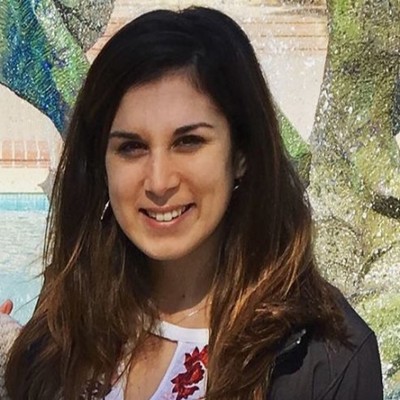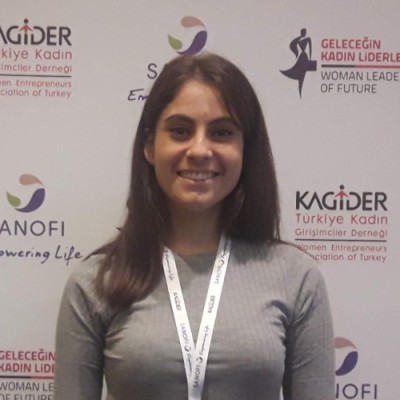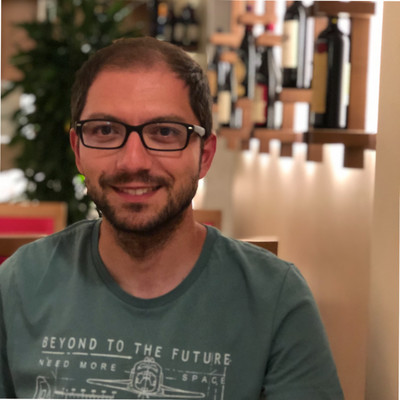Turkey Partnerships
Our Collaborations in Turkey:
Since the founding of the School of Biomedical Engineering, Science and Health Systems, the department has fostered great partnerships with Turkey to encourage future research and collaboration opportunities. The collaborations have built bridges and worked across the institutional boundaries with leading universities and institutions in Turkey. Below we highlight some of our current collaborations in Turkey.
Acibadem University - CASE (Center of Advanced Simulation and Education), Istanbul, Turkey

The nursing students and surgeons project is a research into efficacy of simulation-based training including serious gaming; virtual patient and robotic surgery simulators. This current project is focused on research for training the robot assisted surgery (RAS) systems with high fidelity simulators. Increasing demand of employing the RAS systems led to rise in using RAS simulators to train the medical doctors.
The aim of this ongoing project is to investigate the brain activity changes elicited during the skill acquisition of resident surgeons by measuring hemodynamic changes from the prefrontal cortex area via a neuroimaging sensor and other physiological sensors.
These collaborative research studies explore new performance biometrics to track the medical student’s skill acquisition using several biosensors including optical brain imaging (fNIRS), eye tracking, galvanic skin response (GSR), heart rate variability (HRV), etc.
Middle East Technical University (METU)– (Department of Cognitive Science, School of Informatics), Ankara, Turkey:
Our active collaboration is on the Integration of Cognitive Workload Assessment with Simulators for Personalized Training: Our primary objective is to jointly work on integration and analysis of neurophysiological assessment sensory array for development of next generation personalized training systems in operational environments. Biomedical sensor array includes functional near infrared spectroscopy, (fNIRS) sensor, electroencephalogram (EEG), GSR, Pulse Oximeter, electrocardiogram (EKG), Eye Tracking, respiration, Electromyography (EMG) and Electrooculography (EOG).
Upcoming Education/Teaching Collaboration:
After the success of the Intensive course aboard in China, the development of an Intensive Course Abroad (ICA) in Turkey is underway. Some of the learning objectives include:
- Biomedical engineering (BIOMED) students will be introduced to new applications in health education including human-AI agent teaming and serious gaming-based skill acquisition.
- The BIOMED students will understand the culture and current state of the R&D in Turkey with the focus on simulation based medical training.
- The BIOMED students will have hands-on experience on using wearable biosensors on participants in the simulated clinical settings while the nursing students will be going through these new training modules, such as VR-based basic life support training
Drexel Student in Turkey:

Nicole Ferraro received the prestigious NSF Graduate Research Fellowship. She was selected from over 13,000 applicants nationwide. She attended the 14th International Summer School on Biocomplexity, Biodesign, and Bioinnovation in Izmir, Turkey, with an NSF fellowship. She had her BS/MS degree in biomedical engineering with a concentration in biomedical informatics and a minor in computer science.

Zehra Morçimen is a PhD student at Ege University, Bioengineering Department. She completed her master thesis with collaboration of Dr. Kara Spiller of Drexel University and Dr. Aylin Sendemir Ege University. She has also attended the MedTech Innovation course offered by the Global Innovation partnerships program. Her academic interests include autoimmunity and neurodegenerative disorders.
International Students from Turkey:

Yigit Topoglu is a PhD graduate at Drexel University School of Engineering, Science and Health Systems. His research focuses on cognitive neuroscience, neuroergonomics, and human-robot interaction (HRI). He successfully completed three industry partnership collaborative projects at Drexel University. He is currently working on a project regarding the assessment of social cognition and bonding in human-robot interaction using fNIRS and oxytocin measurements.
International Students’ Thesis Committee:

Erdinc Isbilir had his PhD in cognitive sciene from the Middle East Technical University, Istanbul, Turkey. He is skilled in Cognitive Science, Human Factors, User Experience Research, Data Analysis, Quantitative/Qualitative Research and Research Design. His Ph.D focused in fNIRS hyperscanning in brain-to-brain interactions from METU Informatics Institute, Cognitive Science Department.